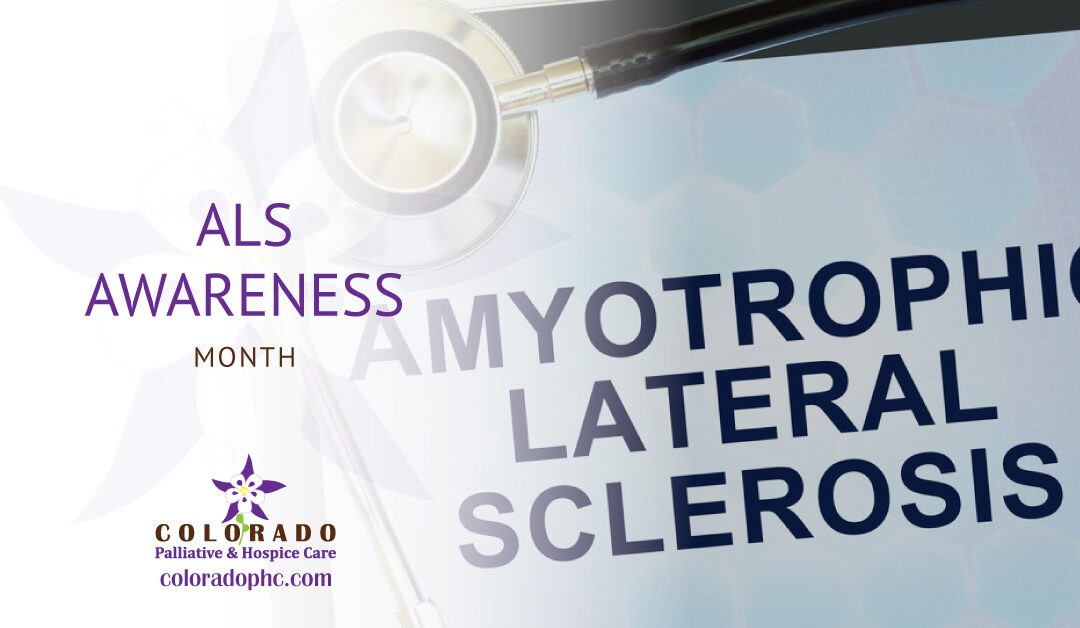May is designated as ALS Awareness Month, a time to increase awareness about the disease and the severe physical, emotional, and financial burdens it creates for people living with ALS and their families and caregivers. Keep reading to learn more about the disease and how you can help show your support during the month of May.
What is ALS?
ALS stands for amyotrophic lateral sclerosis, a progressive neurodegenerative disease that impacts nerve cells in the brain and spinal cord.
ALS attacks the nerve cells used in voluntary muscle actions, and as it progresses, the cells degenerate and die. As the cells die, they stop sending messages to the muscles, meaning the brain is unable to control voluntary movement. Over time, the muscles become weak and degenerate.
Symptoms of ALS
In the early stages of ALS, symptoms might be barely noticeable. But, as the disease progresses, you may experience:
- Difficulty walking and performing other daily activities, such as cooking
- Weakness in the feet, legs, ankles, and hands
- Cramping and twitching of the arms, shoulders, and/or tongue
- Increased clumsiness
- Difficulty maintaining good posture and holding the head up
- Uncontrolled outbursts of laughing or crying
- Changes in thinking and memory
- Slurred speech
- Fatigue
- Difficulty breathing and swallowing
Raising Awareness for ALS
This ALS Awareness Month, there are several ways you can get involved, including:
- Volunteering at your local ALS chapter
- Signing up to be an ALS advocate
- Registering for a Walk to Defeat ALS in your area
How Hospice and Palliative Care Can Help
Hospice and palliative care is specialized medical care for people facing serious conditions, including ALS. The goal of hospice and palliative care is to improve the patient’s quality of life and that of their family. Hospice and palliative care teams work in partnership with the patient, their family, their neurologist, and other doctors to help manage the patient’s symptoms, communicate, and coordinate care. These teams are experts at managing the symptoms and stress associated with ALS. If you’d like to learn more about hospice or palliative care for ALS, please don’t hesitate to reach out to us today.

